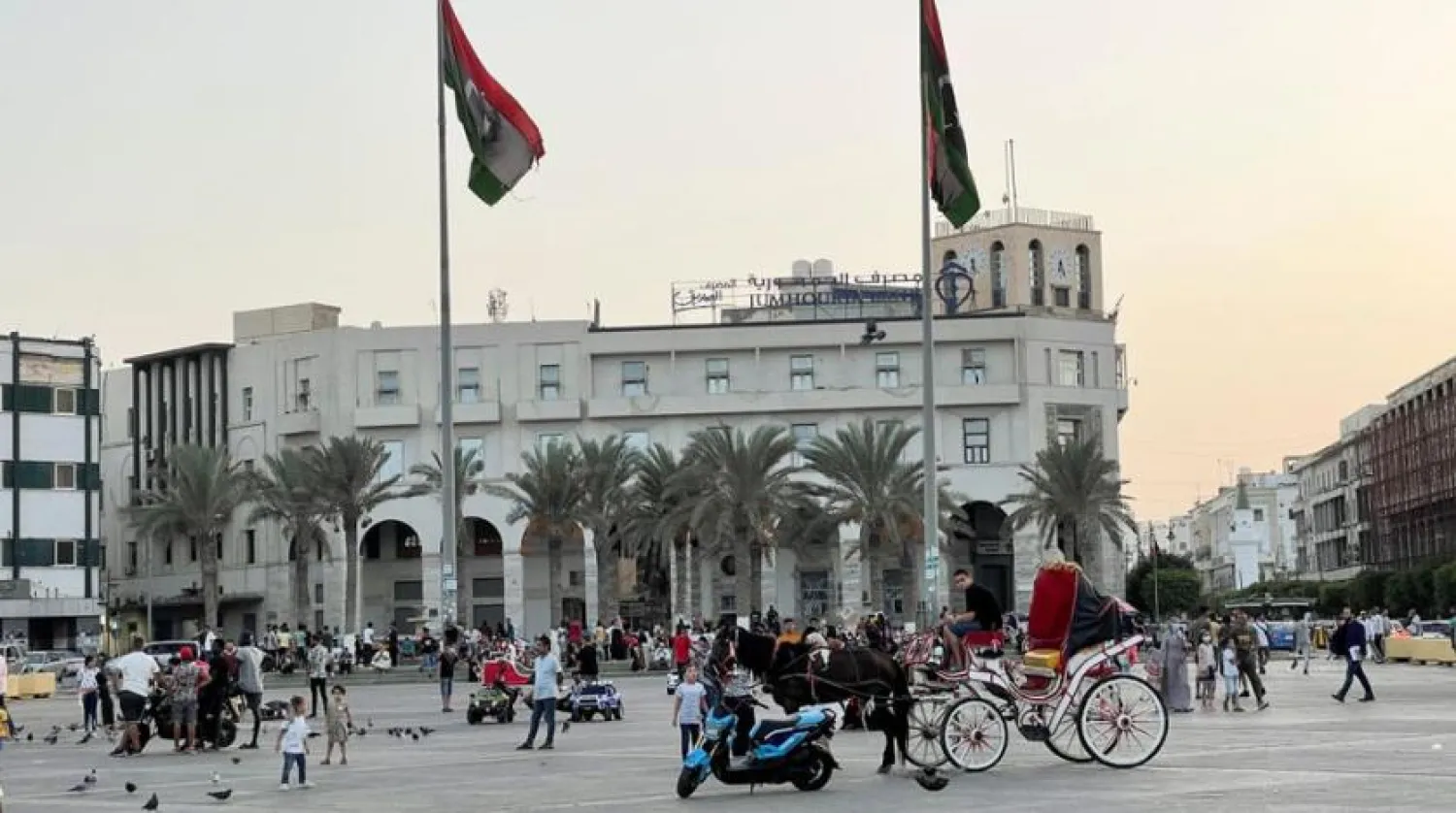The UN special envoy for Libya warned Friday that signs of partition are already evident in Libya and urged influential nations to pressure the country's rival leaders to urgently finalize the constitutional basis for elections.
The first anniversary of the vote’s postponement is coming up later in December, said Abdoulaye Bathily, who stressed that if there is no resolution, an alternative way should be found to hold elections.
Bathily told the UN Security Council that the continuing disagreement between the two rivals — specifically, the speaker of Libya’s east-based parliament, Aguila Saleh, and Khaled al-Mashri, the president of the High Council of State based in the country’s west, in the capital of Tripoli — on a limited number of provisions in the constitution “can no longer serve as a justification to hold an entire country hostage.”
If the two institutions can’t reach agreement swiftly, Bathily said, “an alternative mechanism” , can and should be used “to alleviate the sufferings caused by outdated and open-ended interim political arrangements.” He did not elaborate on what that mechanism could be, The Associated Press reported.
Bathily also said the Security Council needs “to think creatively about ways to ensure that free, fair, transparent and simultaneous presidential and parliamentary elections are organized and held under a single, unified and neutral administration, and that those who wish to run as candidates resign from their current functions to create a level playing field.”
Signs of Libya’s partition, Bathily said, are ample — including two parallel governments in the east and west, separate security operations, a divided central bank, and growing discontent throughout the country “over the unequal allocation of the huge revenues of oil and gas of the country.”
The protracted political crisis “also carries a serious risk of further dividing the country and its institutions,” he added.
Bathily told the council that Saleh and al-Mashri had earlier agreed to meet under UN auspices in the city of Zintan on Dec. 4 to try and find a way out of the crisis but regrettably, the meeting was postponed “due to unforeseen logistical reasons as well as emerging political obstacles.”
He said the UN is working to identify a new date and location for the meeting.









